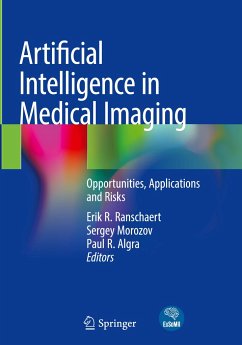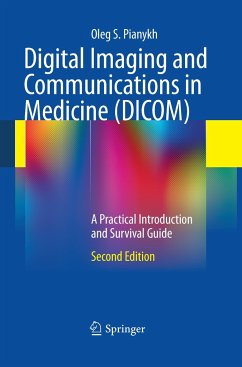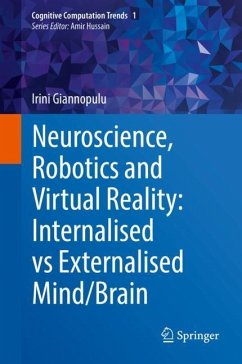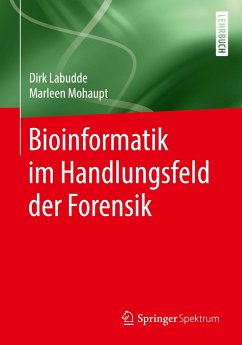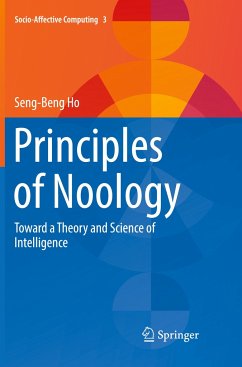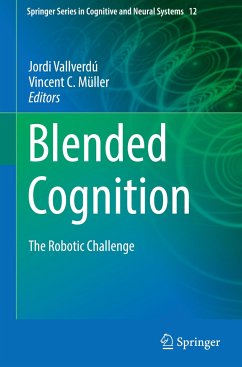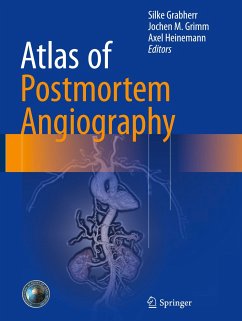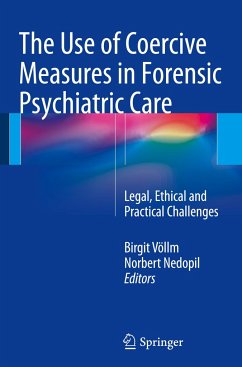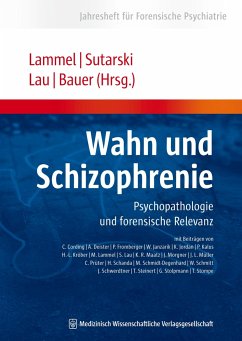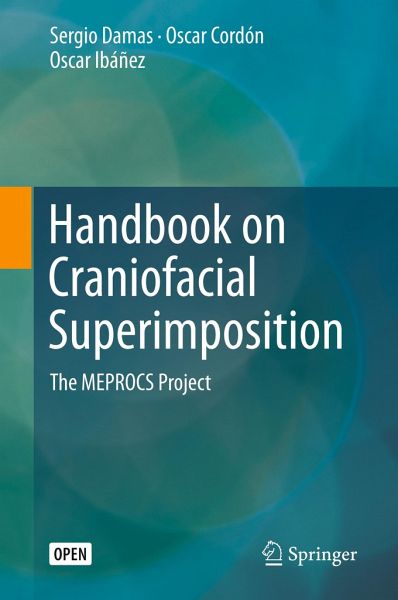
Handbook on Craniofacial Superimposition
The MEPROCS Project
Herausgeber: Cordón, Oscar; Damas, Sergio
Versandkostenfrei!
Versandfertig in 6-10 Tagen
38,99 €
inkl. MwSt.

PAYBACK Punkte
19 °P sammeln!
This open access handbook presents a trustable craniofacial superimposition methodological framework. It includes detailed technical and practical overviews, and discussions about the latest tools and open problems, covering the educational, technical, ethical, and security aspects of this forensic identification technique. The book will be of particular interest to researchers and practitioners in forensic anthropology and forensic ID, and also researchers in computational intelligence.It is the final result of a European project, New Methodologies and Protocols of Forensic Identification by ...
This open access handbook presents a trustable craniofacial superimposition methodological framework. It includes detailed technical and practical overviews, and discussions about the latest tools and open problems, covering the educational, technical, ethical, and security aspects of this forensic identification technique. The book will be of particular interest to researchers and practitioners in forensic anthropology and forensic ID, and also researchers in computational intelligence.
It is the final result of a European project, New Methodologies and Protocols of Forensic Identification by Craniofacial Superimposition (MEPROCS). The project collaborators who contributed to this handbook are: S. Damas, O. Ibáñez, M.I. Huete, T. Kahana, C. Wilkinson, E. Ferguson, C. Erolin, C. Cattaneo, P.T. Jayaprakash, R. Jankauskas, F. Cavalli, K. Imaizumi, R. Vicente, D. Navega, E. Cunha, A.H. Ross, E. Veselovskaya, A. Abramov, P. Lestón, F. Molinero, E. Ruiz, F. Navarro, J. Cardoso, F.Viegas, D. Humpire, R. Hardiman, J. Clement, A. Valsecchi, B.R. Campomanes-Alvarez, C. Campomanes-Alvarez, A.S. Çagdir, T. Briers, M. Steyn, M. Viniero, D.N. Vieira, and O. Cordón.
It is the final result of a European project, New Methodologies and Protocols of Forensic Identification by Craniofacial Superimposition (MEPROCS). The project collaborators who contributed to this handbook are: S. Damas, O. Ibáñez, M.I. Huete, T. Kahana, C. Wilkinson, E. Ferguson, C. Erolin, C. Cattaneo, P.T. Jayaprakash, R. Jankauskas, F. Cavalli, K. Imaizumi, R. Vicente, D. Navega, E. Cunha, A.H. Ross, E. Veselovskaya, A. Abramov, P. Lestón, F. Molinero, E. Ruiz, F. Navarro, J. Cardoso, F.Viegas, D. Humpire, R. Hardiman, J. Clement, A. Valsecchi, B.R. Campomanes-Alvarez, C. Campomanes-Alvarez, A.S. Çagdir, T. Briers, M. Steyn, M. Viniero, D.N. Vieira, and O. Cordón.





